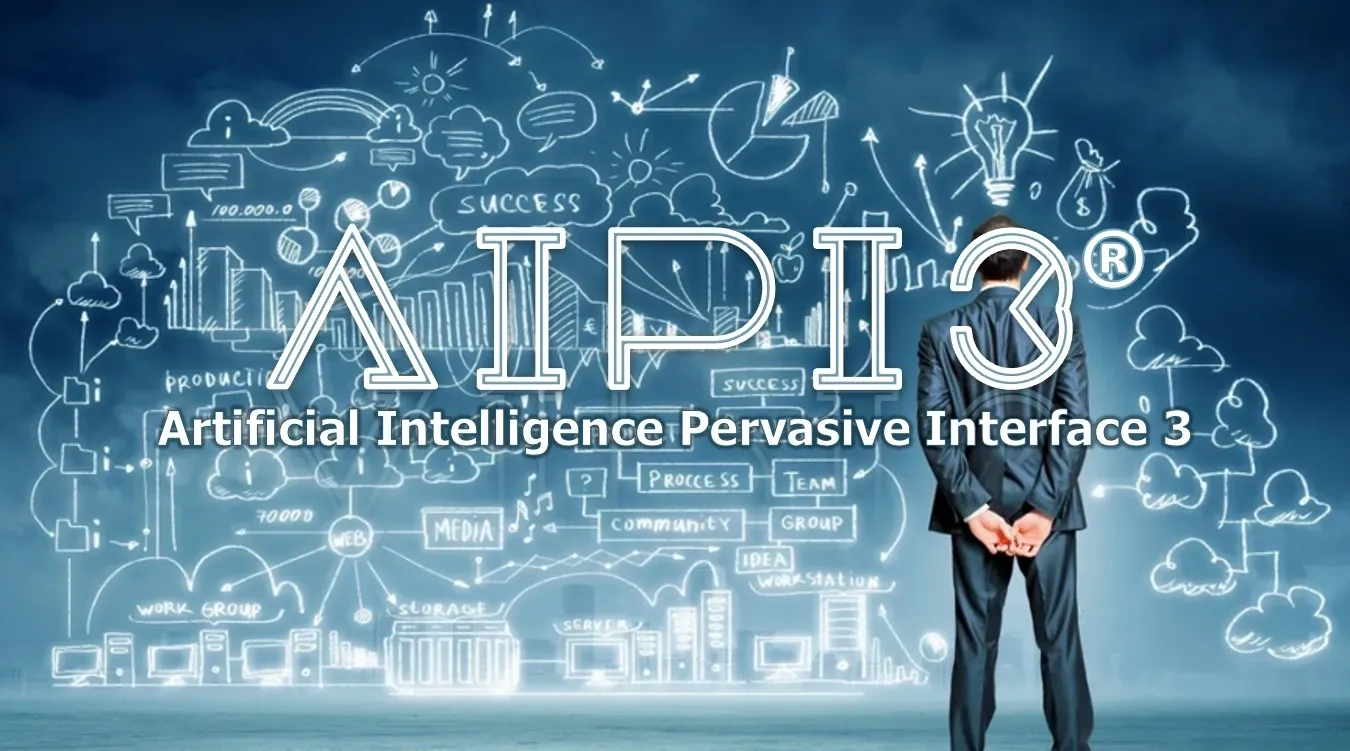Significance of AI in Product Development
- By AIPI3 Data Science Team

Artificial Intelligence (AI) and Machine Learning (ML) can enhance the quality of a business’s work products. It can be highly beneficial while developing all types of products, such as physical, digital or software products. Furthermore, AI can ensure product testing is consistent and comprehensive by rapidly assessing a large range of potential test scenarios. To understand the potential impact of AI & ML in product development, consider how it impacts different stages of the product development process:
Product Management
Artificial Intelligence-powered product lifecycle management (PLM) allows product teams to monitor and adjust a range of engineering, operations, and management activities throughout the entire lifecycle. AI tools can provide vital insights into every stage of product development (ideation, development, product, testing, etc.) and ensure teams stay on track during each stage.
Product Optimization
By analyzing historical and live product use data and customer feedback, machine learning can help businesses optimize and prioritize their product development process. ML algorithms can comprehend complex relationships between the various product parameters and their impact on the development process. ML-generated insights can tell product designers about customer preferences, product feature-optimization requirements, and user experience challenges. ML can predict customer response to product changes, and much more. Overall, ML can help product development teams identify features and functionality that are the most important to customers and optimize their products.
Product Testing
Machine Learning can play a key role in enhancing product testing efficiency and effectiveness. AI can complete tedious manual testing that is required whenever products undergo any alteration. This optimizes the detection of bugs, errors, redundancies, performance problems, or any other potential issues. Traditional product testing requires product developers to enumerate and analyze as many relevant test cases as possible. AI-based testing improves the scope and breadth of testing, which allows for a significantly larger number of possible test cases. AI can also execute multiple tests simultaneously with excellent accuracy. Testing is a time-consuming software development step. Therefore, reducing testing time can result in valuable cost savings and productivity increases.
Quality Control
Artificial Intelligence can help manufacturers ensure products consistently meet quality standards. In manufacturing, AI-based computer vision systems can help execute inspections of parts, components, and finished products to identify any potential defects or flaws; and do so with speed and accuracy exceeding the capabilities of human inspectors. AI tools can also help product teams identify the origin of defects in the production process and make appropriate adjustments to production lines to minimize future problems.
AI-Driven Product Development
Artificial Intelligence is rapidly moving from a supplemental part of the development process toward becoming an integrated and essential component of product development. Every phase of product development generates data and product teams stand to make significant gains from capitalizing on this data. Overall, the improvements in efficiency, productivity, time reduction, and cost savings from AI and ML make AI-driven product development inevitable for all businesses. It is best to be in front of the change.
Discover how AI can help you take your products to the next level. AIPI3’s machine learning solutions are driven by artificial intelligence & machine learning experts with extensive experience across a wide range of industries, specializations, and applications.
Get in touch with AIPI3 to discover how we can assist you!
